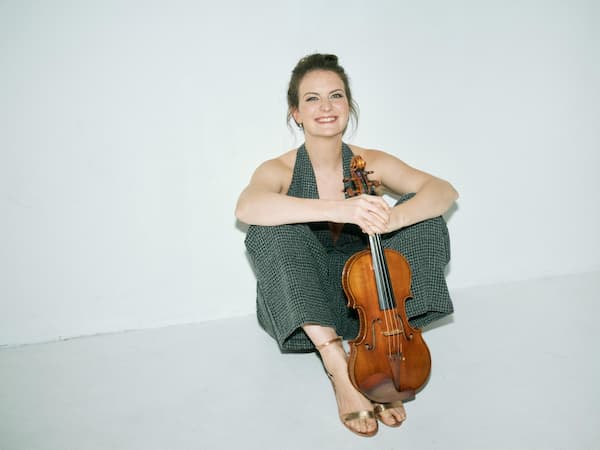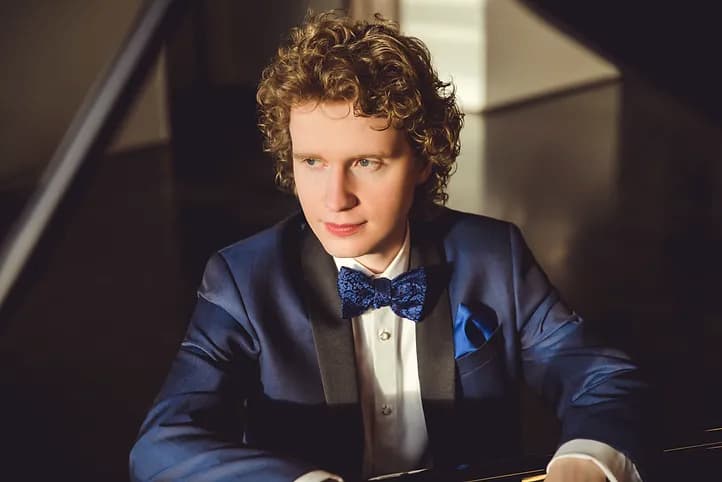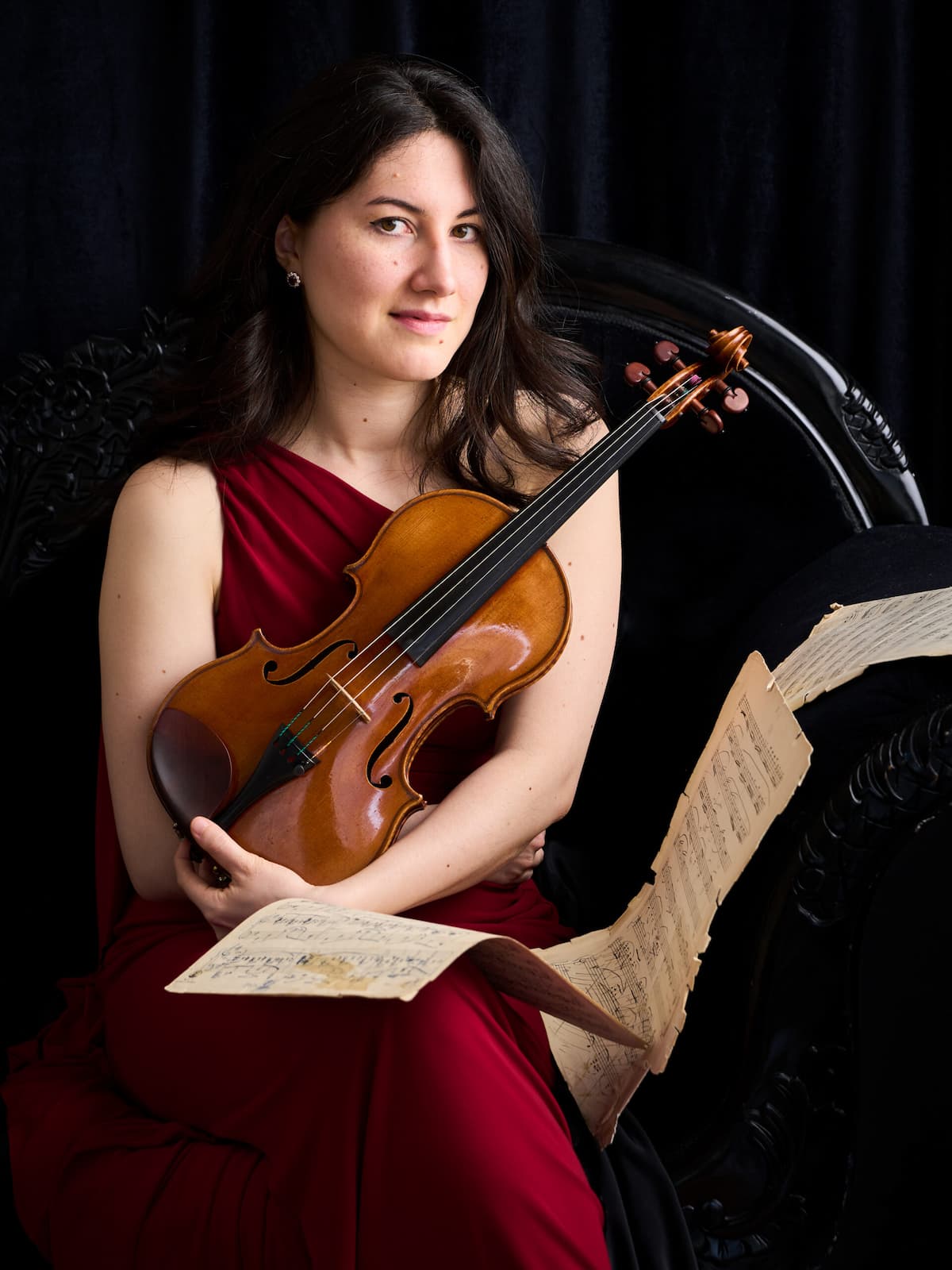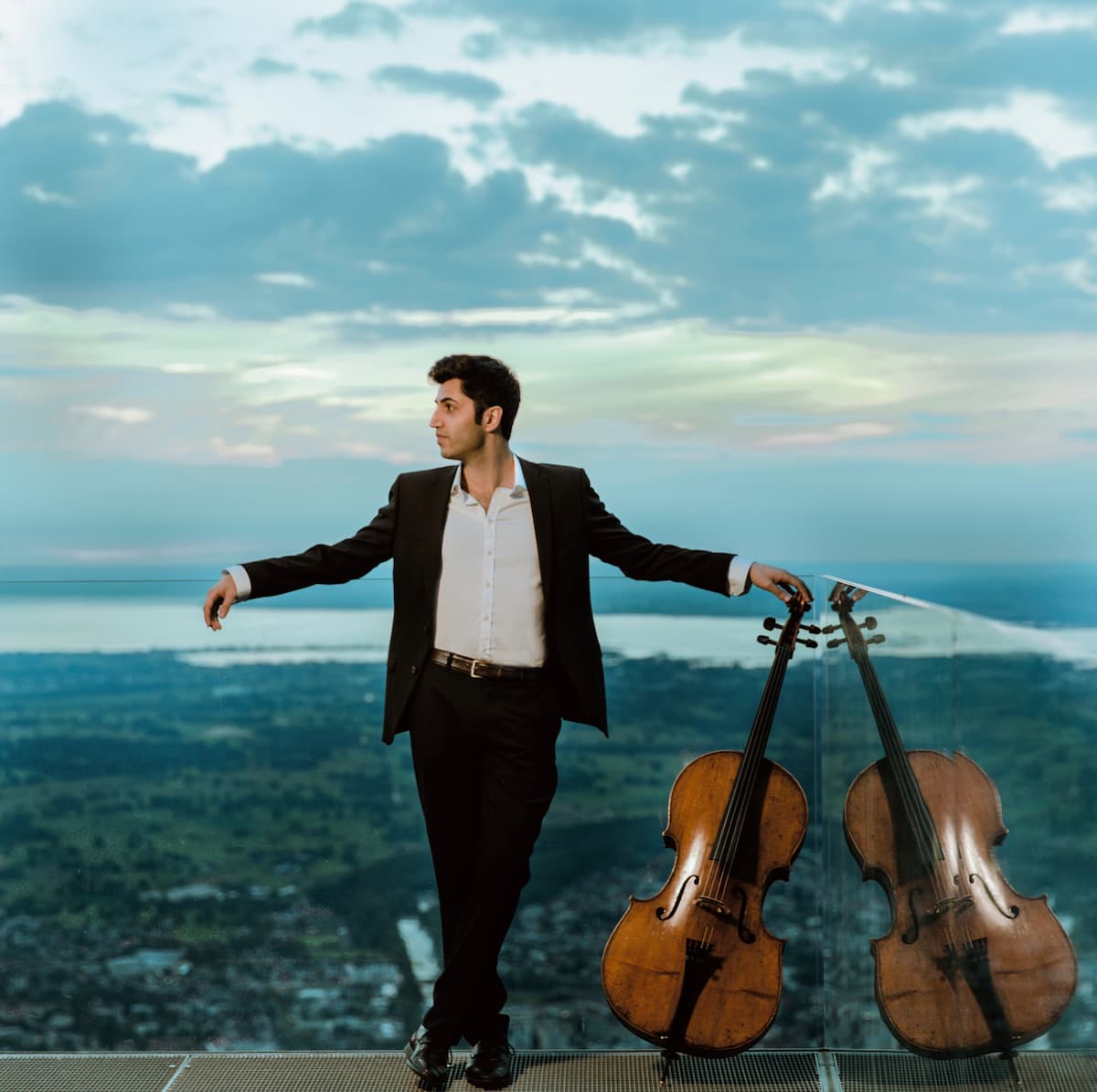Care in Every Little Detail
Zlatomir Fung Plays Dall’Abaco’s 11 Caprices for Solo Cello
American Cellist Zlatomir Fung is quickly establishing a reputation as one of the country’s top young soloists. Receiving a prestigious Avery Fisher Career Grant in 2020 and, more recently, the Borletti-Buitoni Trust Fellowship in 2022, Zlatomir has collaborated with duo partners and orchestras worldwide, including performances across the US, UK, Europe, and Asia, and in February this year made a well-received solo debut at London’s Wigmore Hall.
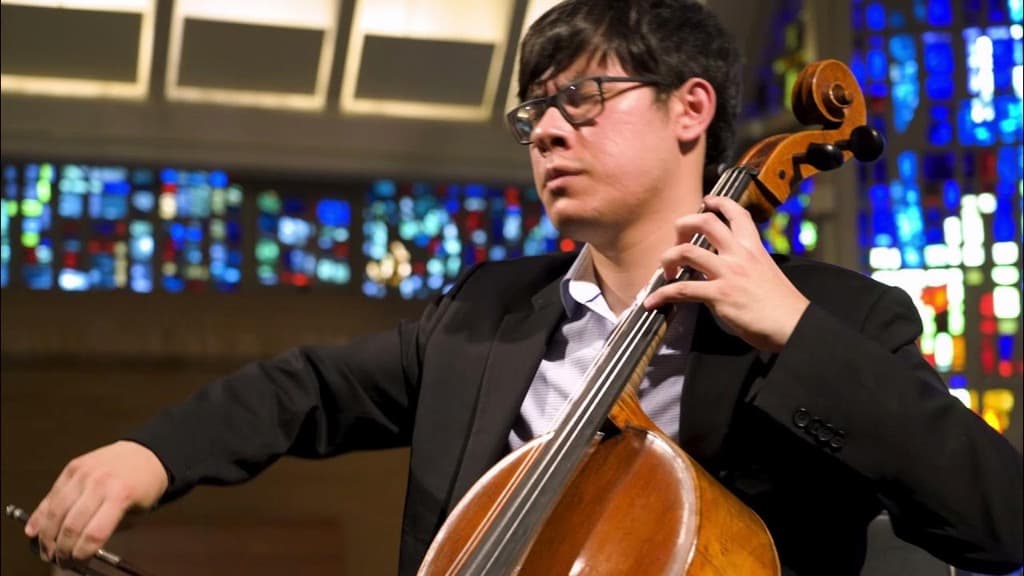
Zlatomir Fung
Winner of the 2019 International Tchaikovsky Competition Cello Division- the youngest musician to ever do so – this season Zlatomir finds himself performing as Artist-in-Residence with the Royal Philharmonic Orchestra, appearing at London’s Cadogan Hall and touring the UK with the orchestra. Further afield, Fung tours Japan, Hong Kong, and Taiwan, and appears as soloist with the Shanghai Symphony Orchestra.
I chat to Zlatomir about his work ethic, his fascination with details and passion for music of all styles and periods, and, away from the cello, his borderline addiction to blitz chess.
How did it feel to play at Wigmore Hall?
It was a big honour for me to make that debut.
Everything about that space elevates you artistically. It gives you this sense of enveloping you, and the sound inspires you to do things differently. I certainly felt that from my pianist Benjamin Hochman, who was having the time of his life. He was just really feeling it and really surprised me!
Do you have a particularly memorable performance experience?
There have been some really interesting performances. With each performance you go into, I find each hall has its own energy, especially when it’s a recital. Sometimes it’s also dependent on the layout of the audience and how many people there are, but also the space can be very influential in that way.
I did quite a memorable recital in Trieste, in Italy, in some sort of circular theatre, maybe originally built for opera. It was this big stage and the ceiling was very high – basically the opposite of Wigmore Hall. People were four storeys above looking down on me!
Even being in a different place can be inspiring in itself.
I especially get that feeling when I play in Europe, which I still haven’t done a great deal. Having grown up in the States, we have a strong classical music tradition, but it’s imported from Europe, and every country in Europe has its own identity musically.
I remember when I was in Finland I remember feeling like they really love music, and that there was so much respect and pride in the heritage of what they’ve brought to the history and tradition of classical music.
Zlatomir Fung Performs Esa-Pekka Salonen’s YTA III for Solo Cello
When and how did you start learning the cello?
I started when I was three and a half. Both my parents are not musicians. They had studied mathematics, and at the time my family was living in Oregon, on the west coast of the US, and we were in a middle-sized town with a university there.
It just so happened that there was a really wonderful Suzuki cello teacher there, and she was recommended to my family by someone, and I ended up studying with her for six years. She was a really influential person in my musical life because she had me go really slowly, much slower than I see some other people go through the literature, really cultivating a sense of high standards and desire to polish a piece for a long period of time, to develop your relationship with it.
Have you held onto that idea of staying with something, of taking your time?
I like to think so. Being on the ‘career circuit’ you have to let that go a little bit because you just don’t have the time, but still, there’s that ideal to strive for.
I see sometimes with other cellists, like when I give a masterclass, I can see in their playing that they weren’t fortunate enough to have that kind of teaching at a young age, that there are certain aspects of their playing that feel a little more perfunctory technically, that there’s not as much care in every little detail.
Did you always know you wanted to be a professional?
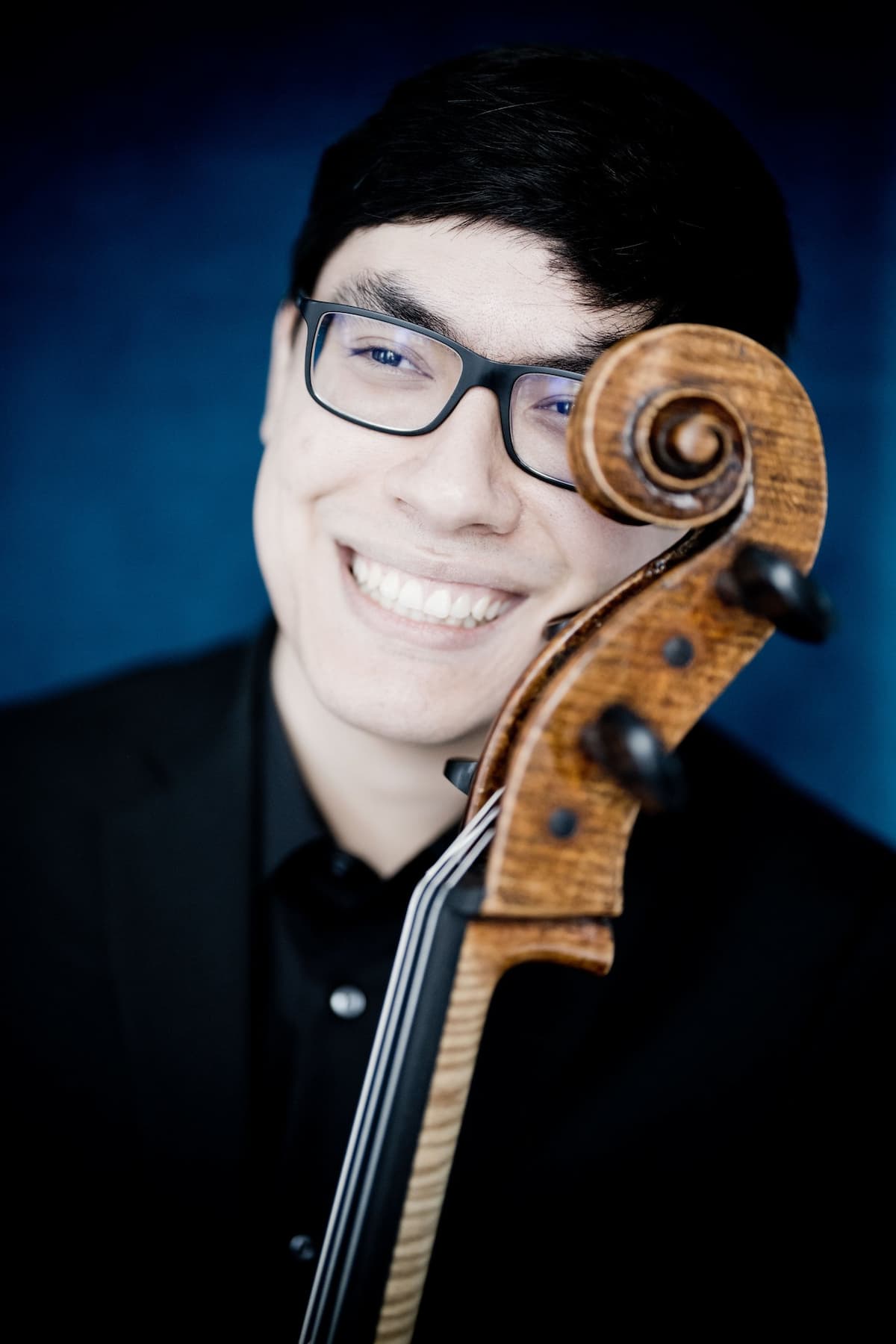
© zlatomirfung.com
I think it happened gradually over the course of a year or two, but it was around the time when I was 11, 12. It was a confluence of factors, I think. Emmanuel Feldman, my new teacher in Boston where we were living at the time, pushed me to be more serious.
I remember our first lesson together, and I came in and played a three-octave scale for him. He went on this sort of rant about how I should never play a three-octave scale for him again, that it always needs to be four octaves because he said I was missing such an important part of the instrument if you’re only playing three octaves.
Point taken! But he was right – if you really wanted to be serious, at the level where I was at the time, three-octave scales weren’t going to cut it anymore.
I’m so grateful to him because he really pushed me to be curious also about the history of cello recordings and to know what was really going on.
I also did summer festivals and institutes with people who were older than me who were already on a professional track, and playing with them was very interesting, to see how serious they were. It was a question of devotion, of seeing what was possible.
Who inspires you today?
I feel like everyone brings different things that I admire. I’m not admiring everything about everyone all the time, but I always try to look for things: what can I learn from that?
A huge inspiration in my life is Yo-Yo Ma obviously, even more so now than when I was growing up. Steven Isserlis is a big influence on me, and I’ve had the opportunity to meet him a couple of times and play for him.
There are all these other people whom I follow on Instagram and don’t really know, like Hilary Hahn: I love her diligence and genuine authenticity in what she does.
How did you feel when you received the Avery Fisher grant?
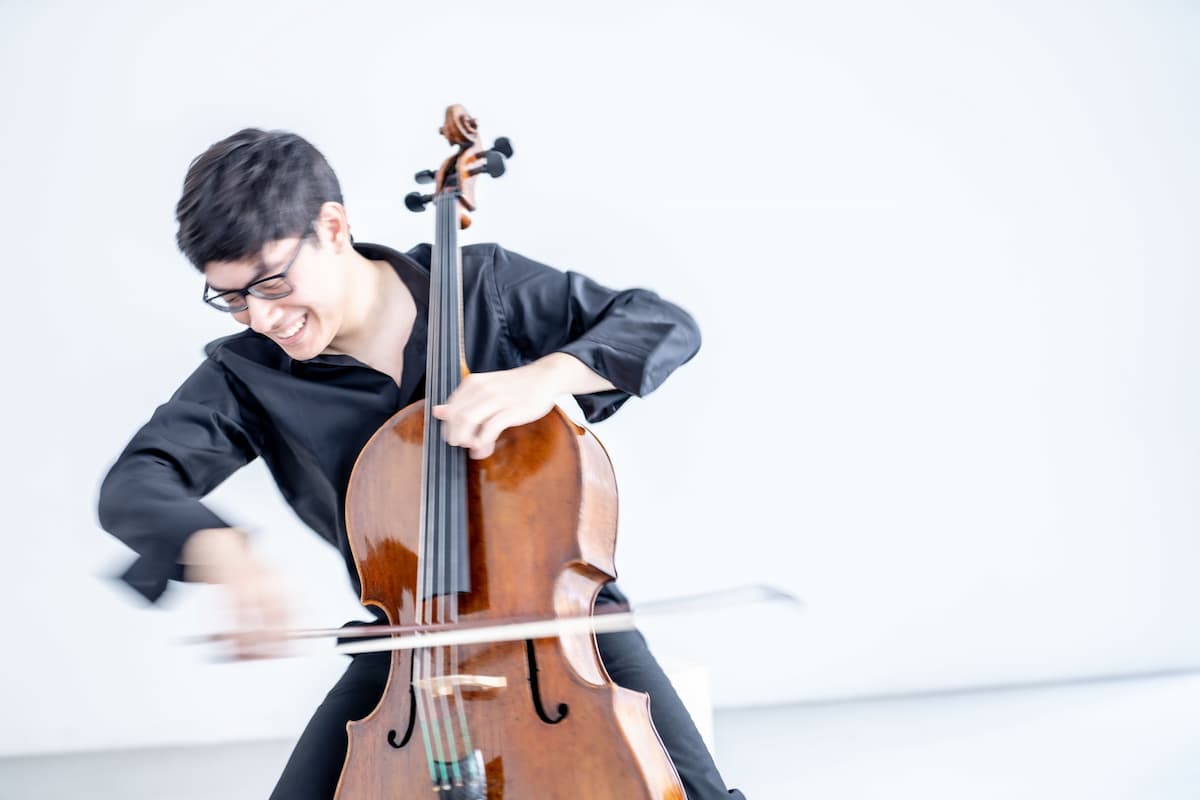
© zlatomirfung.com
It was a huge honour for me, and I’m slowly using the grant to commission new works. I’ve done one already, and I’m looking into a couple more.
I commissioned Marshall Estrin for a new Carmen Fantasy for cello and piano because I love Carmen – it’s one of my favourite operas – but also I was jealous of violinists because they have three really great Carmen Fantasies that they regularly perform in recitals and with orchestras, and the cello doesn’t have any. There are a couple that exist but they’re not really good, so I wanted one that was a real banger.
I think Estrin did a fantastic job and I am excited to see this new addition to the repertoire.
Are there any pieces or composers you feel particularly at home with?
I enjoy playing late Romantic music the most. It feels like you can just sing – that’s what I like to do on the cello. I ultimately feel like that’s the cello’s strength as an instrument, but I also really like contemporary music.
I’ve been lucky that I’ve had the opportunity to work with living composers and I think the way you put it – ‘at home’ – is a good way of putting it because when I think about the relationship that string players had 100 years ago to the music written in the 1880s, it’s so close to them because in time they were also close to it.
They had the ethos of what the music needed, and I feel like for us living today, in the age of social media and TikTok and whatever, we have the ethos of music that was written 23 years ago. We understand what it was like for a composer to work on Sibelius or Finale – and to understand that specificity.
One thing I really like about contemporary music is there are fewer ambiguities in what we’re supposed to do, which I think is a nice trend in music, for me. Personally, I consider myself a pretty analytical player. I like to know what needs to be done and how it’s going to be accomplished, and so the most excruciating but also blissful thing is seeing a page of solo Bach – no bowings, no dynamics, thinking ‘What do I do with myself?!’
Tell me about blitz chess.
I started playing chess when I was five but I didn’t really get into it until I was maybe ten.
I play blitz chess mainly on the internet, although I’m trying to wean myself off because it can become addictive. A full game is usually about five to six minutes because each player only has three minutes. It can get pretty wild.
For more of the best in classical music, sign up for our E-Newsletter

